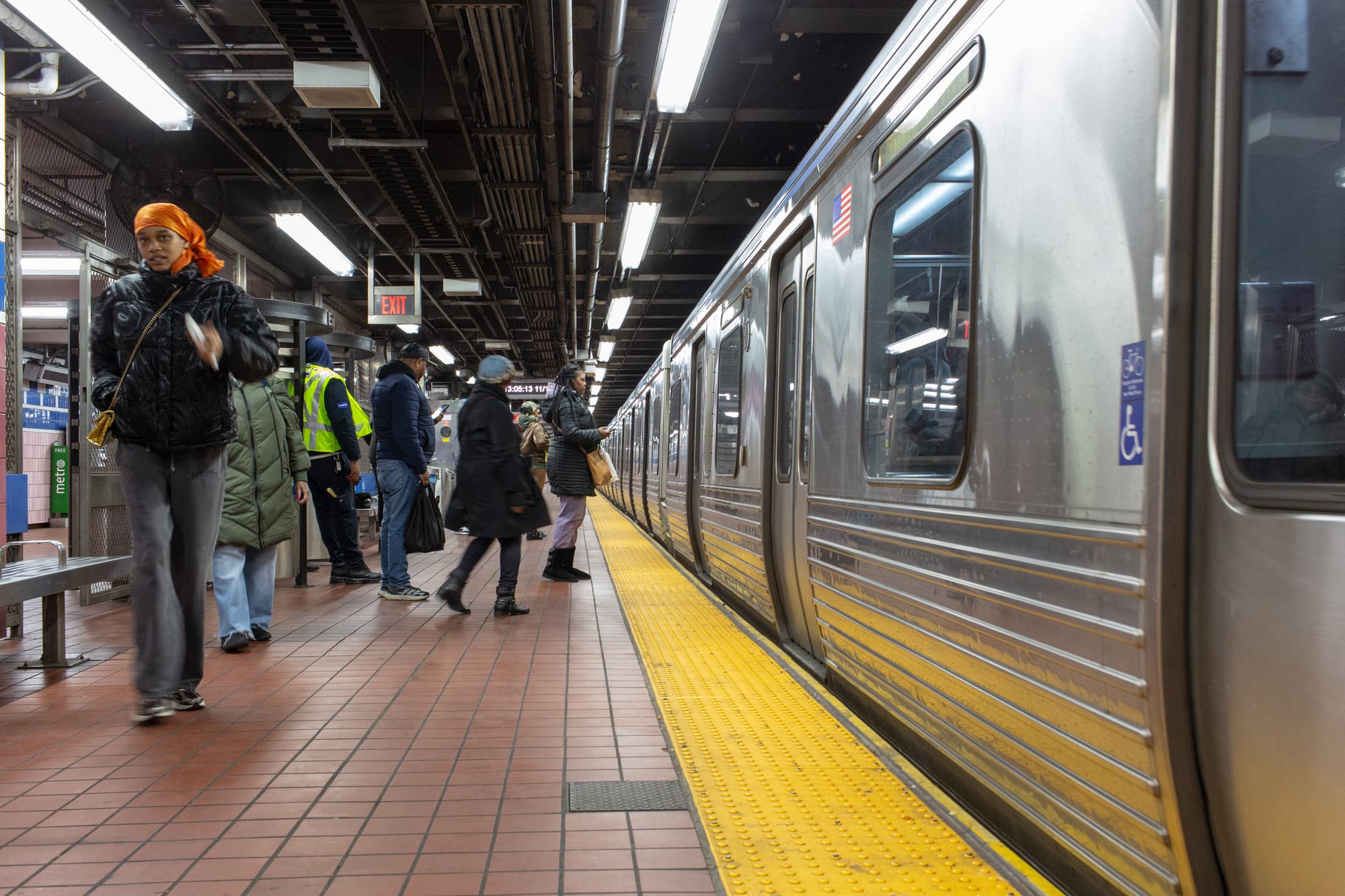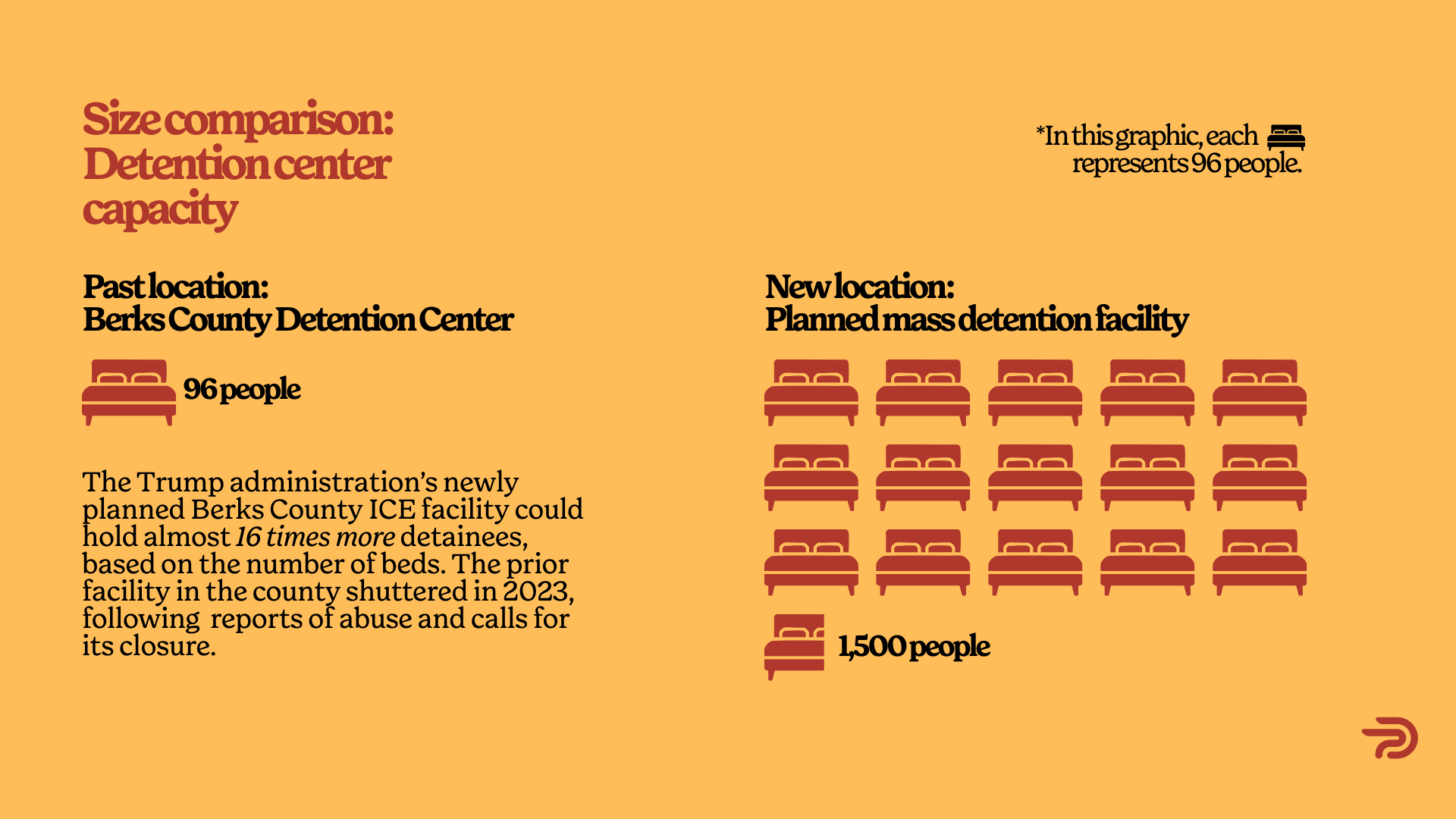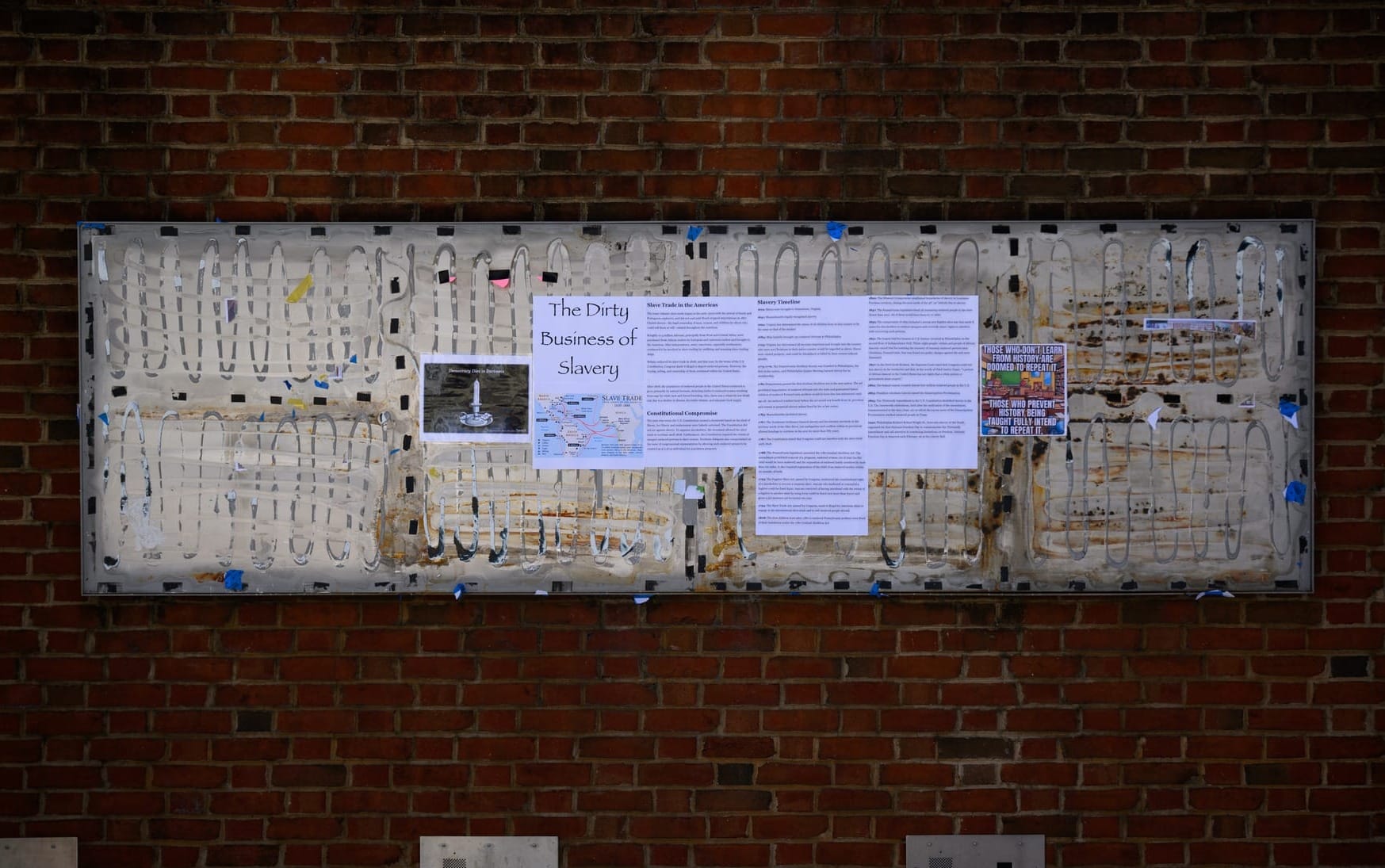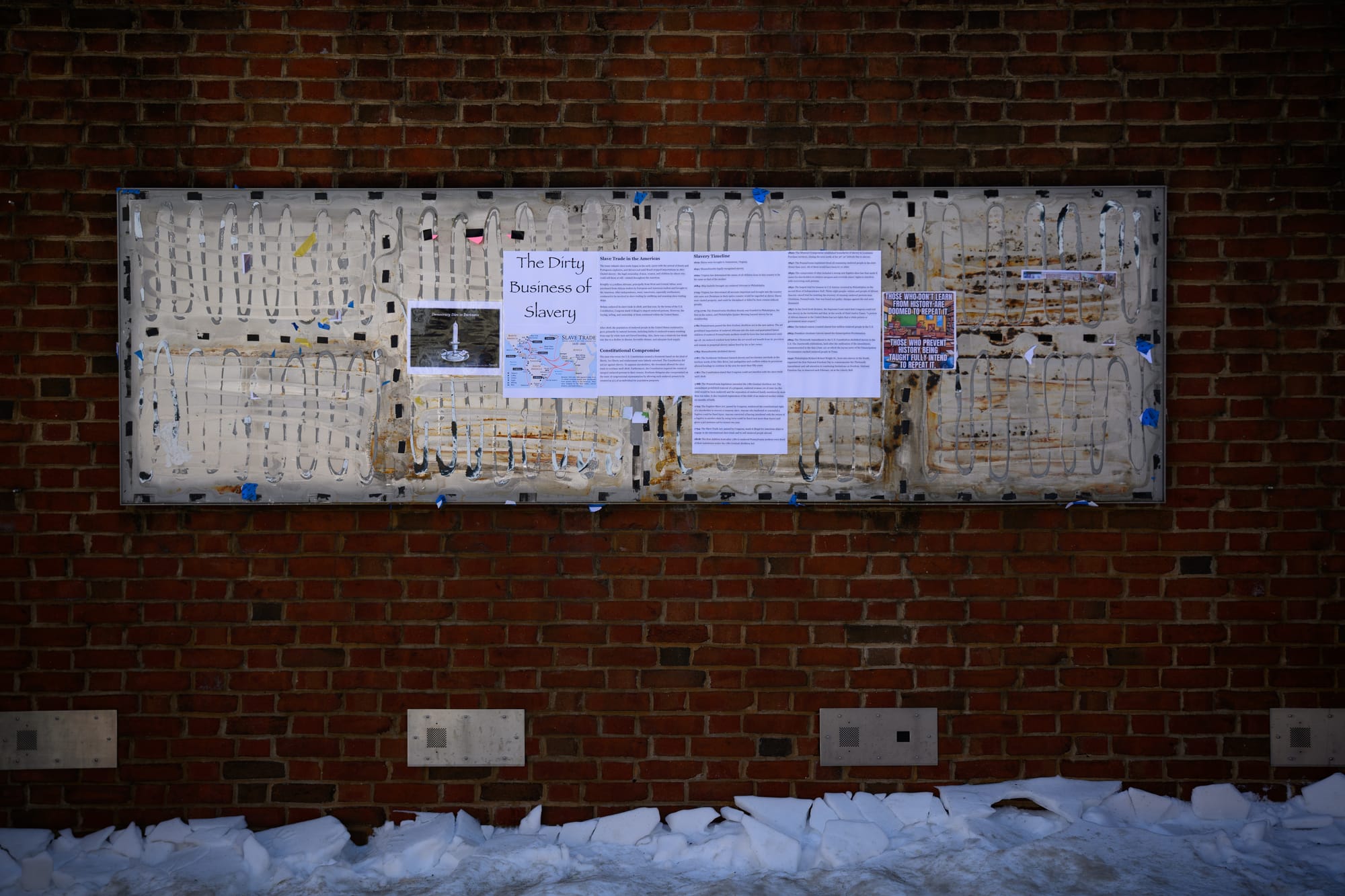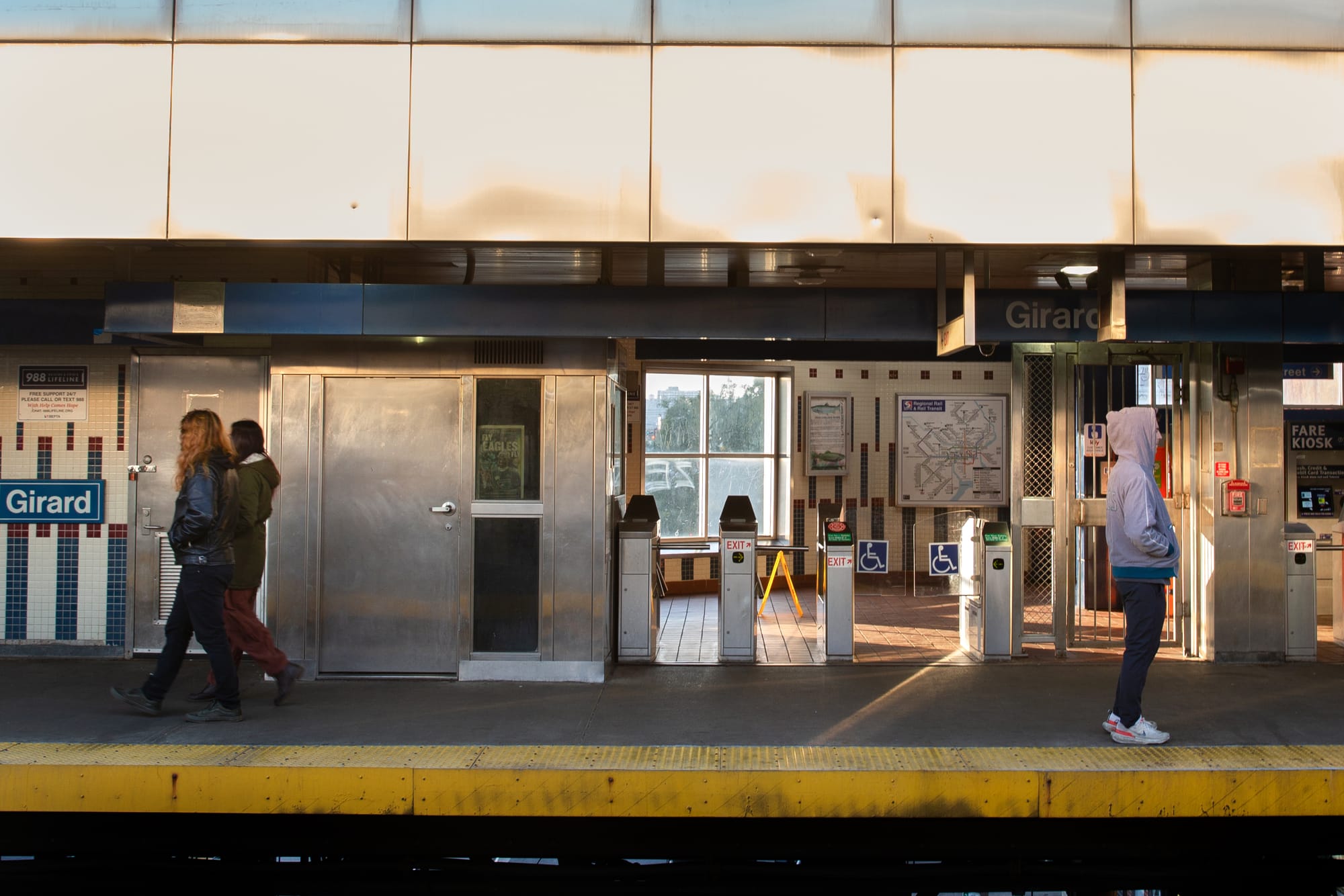The Full Court Press to Engage Black Male Voters
Black male voter engagement events have been off the charts this election cycle. Recently, in Philadelphia, the More Than a Game event was hosted by voting rights groups targeting Gen-Z black male voters.
Black male voter engagement events have been off the charts this election cycle. Recently, in Philadelphia, the More Than a Game event was hosted by voting rights groups targeting Gen-Z black male voters. This event is just one example of a broader trend sweeping across the nation as political parties and advocacy groups recognize Black men's pivotal role in shaping electoral outcomes.
Democrats are deepening their understanding of the power of the Black male voting demographic. The Philadelphia Democratic Party and Pennsylvania Democratic Party have been orchestrating events focused on reaching out to older Black men. Vice President Harris, at an event in Philadelphia this week, told reporters she is “working to earn the vote of Black men.”
This intensified focus on Black male voters isn't confined to Pennsylvania. Across crucial battleground states, Democrats are rolling out targeted initiatives to solidify their support among this important demographic. Town halls, community forums, and grassroots organizing efforts are being deployed to address the specific concerns of Black men, ranging from economic opportunities and criminal justice reform to healthcare access and education.
However, Democrats aren't the only ones who have recognized the significance of the Black male vote. Republicans, led by former President Trump, have been making concerted efforts to chip away at what has traditionally been a reliable Democratic voting bloc. Trump made surprising gains with Black male voters in the previous election and is looking to build upon this foundation in the upcoming contest.
This Republican outreach has put Democrats on high alert. While Democrats are still likely to secure most of the Black vote, even small shifts can have significant implications in closely contested races. If Trump manages to capture 10% or more of the Black vote in the upcoming election, it would represent the largest share for a Republican since Democratic President Lyndon B. Johnson passed the Voting Rights Act of 1965—landmark legislation that enfranchised Black voters across the country.
Despite their purported efforts, the Republican party's attempts to court Black male voters ring hollow. Far from genuine engagement, their outreach reeks of political expediency—a cynical ploy to peel away just enough votes to tip the scales in their favor. Republican Congressman Byron Daniels's event in Philadelphia for black men, a poorly attended whiskey and cigar night, represented just that.
The GOP's approach to Black voters is rooted in a fundamental misunderstanding – or perhaps willful misrepresentation – of the Black experience in America. Their rhetoric of "economic empowerment" rings false when juxtaposed against their consistent opposition to policies that would address the vast wealth gap between Black and white Americans – a disparity born not of individual failings but of systemic inequality. The Republican party speaks of lifting Black communities while simultaneously working to dismantle the social safety net and opposing measures to address discriminatory lending practices and housing segregation.
Perhaps most tellingly, the Republican party's outreach to Black male voters exists alongside – and often in direct contradiction to – their broader political strategy. They seek the Black male vote while simultaneously championing voter suppression tactics that disproportionately affect Black communities. They court Black voters in urban centers while demonizing these same cities as bastions of crime and decay in appeals to their rural, white base.
The tragedy is not that the Republican party is failing to gain Black voters. The tragedy is that they are not even genuinely trying at all. Their failure is not one of execution but of intent. Until the GOP is willing to honestly reckon with its past, challenge its base, and propose policies that genuinely address the deep-seated inequities faced by Black Americans, their outreach will remain what it is – a bad performance, a box to be checked, a poor attempt to cover the dark reality of their priorities.
For Black men, the choice is not between two parties genuinely competing for their support. Instead, it is a choice between a party that is working hard to gain their vote and has solutions to help the black community and one that seeks to exploit their frustrations without offering real solutions.

